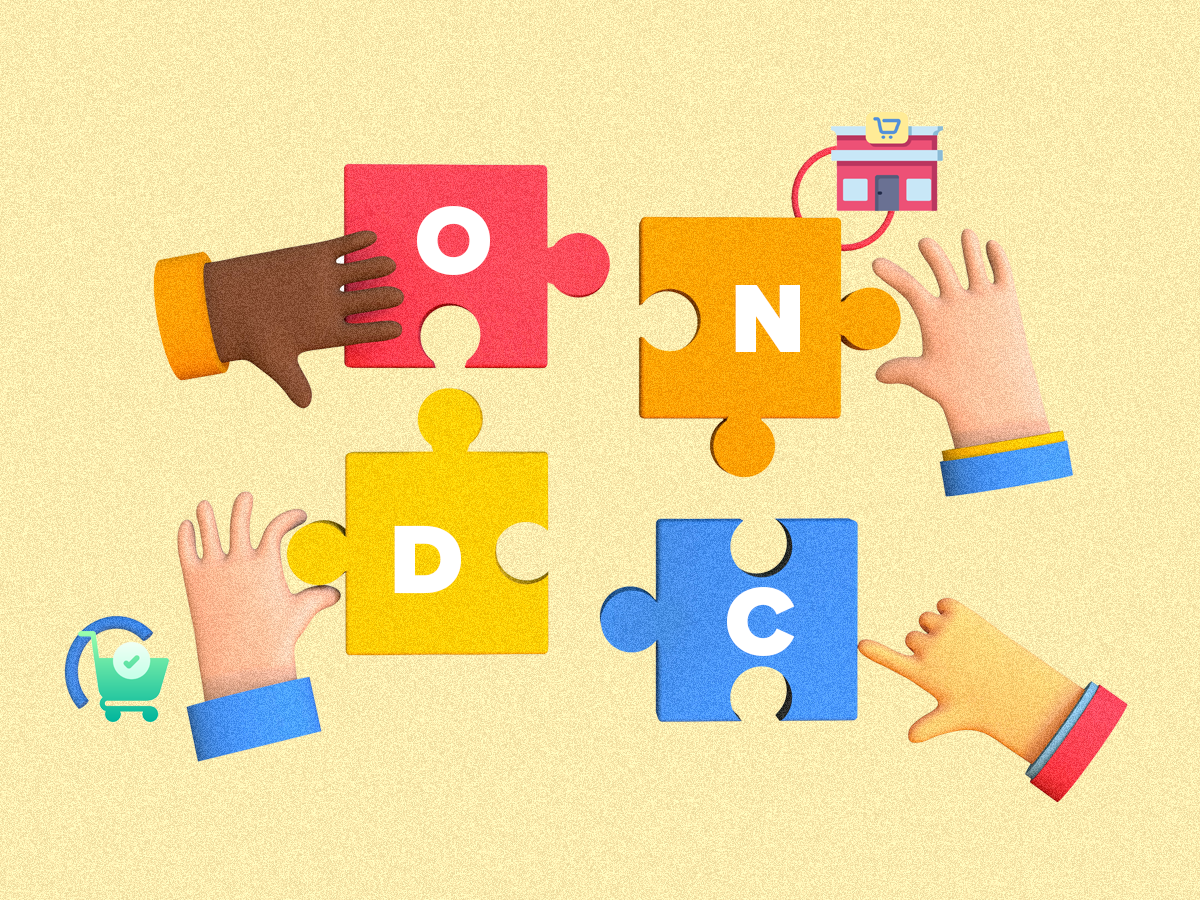
The acquisition of ecommerce platform Bitsila by Pai Platforms, which was earlier Paytm E-commerce, has raised some concerns among the seller network participants of the government-backed Open Network for Digital Commerce (ONDC).
Pai Platforms is already one of the largest buyer apps on ONDC, and Bitsila’s acquisition will give it a significant presence on the seller apps side as well, some of these participants told ET. ONDC and sources at Pai Platforms, however, said there was no reason for such concerns.
While seller apps onboard merchants, buyer apps are customer-facing, where customers can place orders.
Girish Pai, chief executive of seller app GrowthFalcons, said, if a buyer app is coming in as a seller app, “for sure that is going to be a key concern; but we will have to double our seller engagement and find our niche”.
Sameer Sharma, chief executive of UEngage, which helps restaurants save aggregator commission, told ET, “With Paytm’s acquisition of Bitsila, it might say merchants will have more benefits if onboarded to ONDC via the Bitsila seller app. That may be their strategy. As of now, Magicpin is present both on the buyer side and the seller side. After this acquisition, even Paytm will be present both on the buyer side and the seller side, and this is problematic,” Sharma said.
Pai Platforms and Magicpin did not respond to ET’s queries.
Sources from Pai Platforms told ET that one of the primary challenges currently faced by ONDC is enhancing its supplier base. Pai Platforms, being the third largest seller app now on ONDC, is actively working to augment this aspect on the network, aiming to provide benefits across the platform, sources said.
There is a noted scarcity of suppliers, a situation that ONDC is keen to address, they said. Many sellers found on popular platforms like Swiggy, Zomato, or Amazon are not yet participating on ONDC, they added.
Incorporating more significant players with extensive reach is seen as a beneficial move, sources said. Pai is focused on broadening its array of offerings, including top restaurants similar to those on Swiggy and Zomato, to attract more users, they said.
If buyer apps come in as seller apps as well, there is going to be duplication of sellers or in the case of food and beverages, duplication of restaurants, Girish Pai cautioned.
However, sources at Pai Platforms said: “If Pai is able to onboard a restaurant at a lower commission compared to other seller apps, it is not duplication; Pai is adding value to the network at a lower price.”
ONDC chief executive T Koshy told ET that concerns about the network becoming monolithic on the buyer and the seller side because of the same players operating on both sides were unfounded.
People are increasingly getting influenced by what he called “a platform strategy”. “Platforms which have end-to-end control are successful. It is not possible for one entity to have expertise in everything,” he said.
“A major percentage of sales of established platforms come from a handful of sellers. The rest are long tail businesses that are costly for them. While some players may become large in the network, it is not possible for a few large players alone to corner all the business on ONDC,” Koshy said.
“In ecommerce, it is not just technological capabilities but operational capabilities too that matter. Regional players may have better operational efficiency compared to big players. They may be able to draw on SaaS solutions offered by large engineering companies. Magicpin alone cannot establish itself as the only service provider. There are other players like UEngage and Growth Falcon, too, who have established themselves because of their product offerings,” he said.
“One acquisition cannot corner every part of the market. One entity cannot acquire every seller, of every product, of every domain,” Koshy explained.



